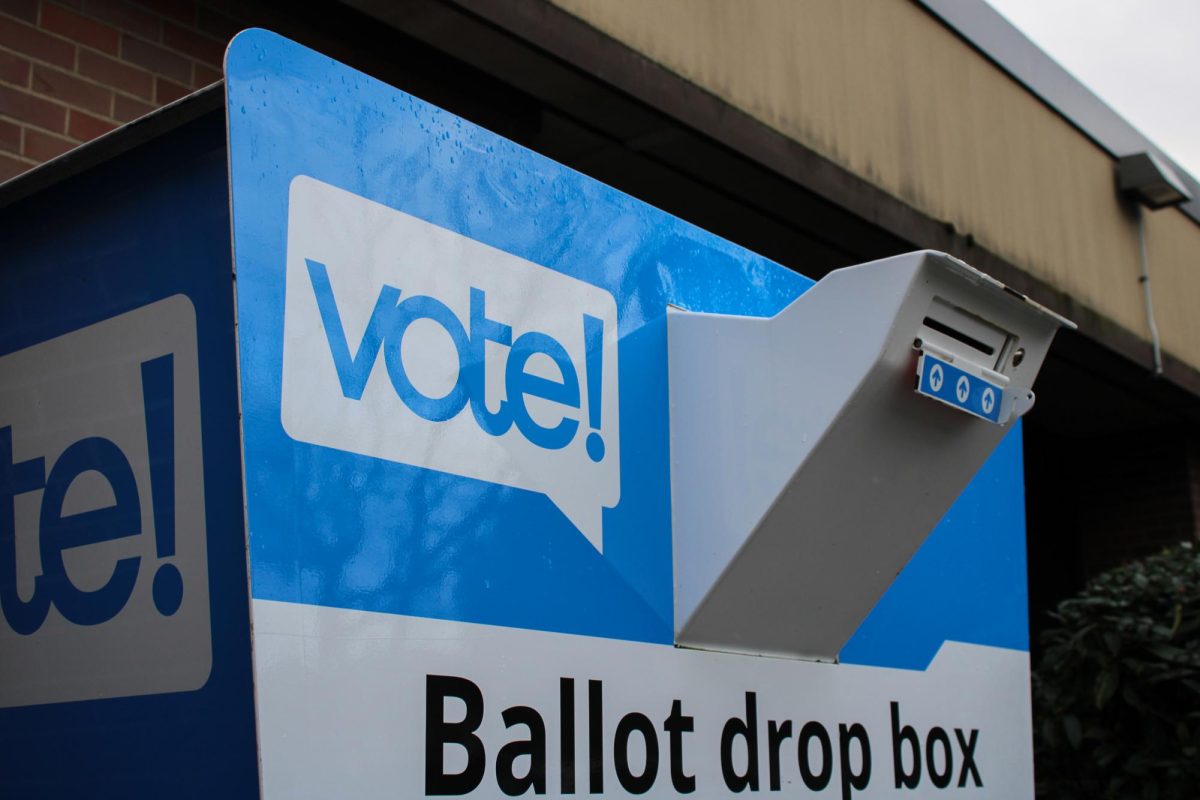When I sat down to write this article, I wanted to outline the pros and cons of the Electoral College process, through which each of the states are allotted a number of formal votes to elect our president. Each state’s votes are cast toward the same candidate with the exceptions of Nebraska and Maine. The Electoral College was established by the founding fathers and revised only thrice, through the Twelfth Amendment, Fourteenth Amendment and Twenty-Third Amendment. It creates elections in which candidates can win the popular vote yet never enter office. Voters are casting ballots toward electors instead of the person they wish to run our country.
However, experts are no longer debating whether the Electoral College is helpful to our democracy, but rather if it is necessary to focus on its abolition. “There are bigger issues,” is the general sentiment. I could not write about the pros and cons with integrity. Instead, I come to you with a synopsis of how we got here and why it is time for reform.
At a time when only 80% of men and 50% of women were literate, it was widely thought that the people should not elect the president of the United States. A vote purely cast by Congress would not suffice either. Thus, the Electoral College was created as a compromise.
The electoral vote number is equal to one elector per U.S. Representative and Senator in each state, and Washington D.C. has been given three electoral votes. In most states, the party that wins the popular vote will earn that state’s electoral vote count in full. Nebraska and Maine work similarly but are divided into different congressional districts that are not required to vote consistently. This creates a voting system in which a candidate can win the popular vote and lose the election.
Hillary Clinton won the popular vote in 2016 with 48.2% of votes. Donald Trump lost with 46.1%, but won 304 electoral college votes, which is 34 more than necessary to win. There have been five instances of this throughout the history of America.
Arguments in favor of keeping the Electoral College alive fall into two categories: ensuring that smaller-population states can be heard and keeping the spirit of federalism alive. The former is based on the idea that smaller states will never be able to largely influence an election without the “senatorial bump” allotted to them through the Electoral College. Not only does this argument imply that their population status should grant them additional political protection, but it relies on a flawed inference. This line of thinking suggests that the interests of small-state voters are determined by the relative population of the state in which they cast their ballot.
However, there are voters in California that consider their primary concern the maintenance of the Second Amendment. There are voters in Wyoming hoping to see a candidate take environmental sustainability seriously.
The Electoral College imagines that the size of a state influences the individual’s political preferences, when this is not based in reality. The latter argument — the idea that federalism is kept alive by our current presidential election process — is simply put: a confusing effort at supporting the Electoral College. How it helps the governing authorities of the states remain separate from that of the nation is a mystery. Having the population of a state elect their senators and representatives is enough to preserve federalism.
It is also important to note that the three-fifths compromise swayed the government in favor of the Electoral College. The compromise, which stated that African American slaves were the legal equivalent of three-fifths of a person, was leveraged by the installation of a system that gave the South (a region with a one-third African American population) a chance to influence elections; the installation of a system that granted slave owners more power.
Michael W. McConnell, the Richard and Frances Mallery Professor of Law and Director of the Constitutional Law Center, wrote for the Stanford Magazine.
“The Electoral College is not going to be changed, and there are far more urgent and promising topics for reform of our presidential selection system… Almost no one would adopt an Electoral College today if we were starting from scratch.”
Experts like McConnell are suggesting that the electoral college is unhelpful, yet immovable.
I urge you not to take this as a final answer. It is clear that protecting the Electoral College allows its racist origins to linger and represents a time in which the American people could not effectively educate themselves. Now, we can. Information is readily available to us. It is no longer the responsibility of the politician to decide who’s voice can be heard, but the responsibility of voters to educate and stand up for themselves.
“If anything, representative democracy in the 21st century is about political equality. It’s about one person, one vote—everybody’s vote counting equally. You’re not going to convince a majority of Americans that that’s not how you should do it” – Jesse Wegman, author of Let the People Pick the President















































































